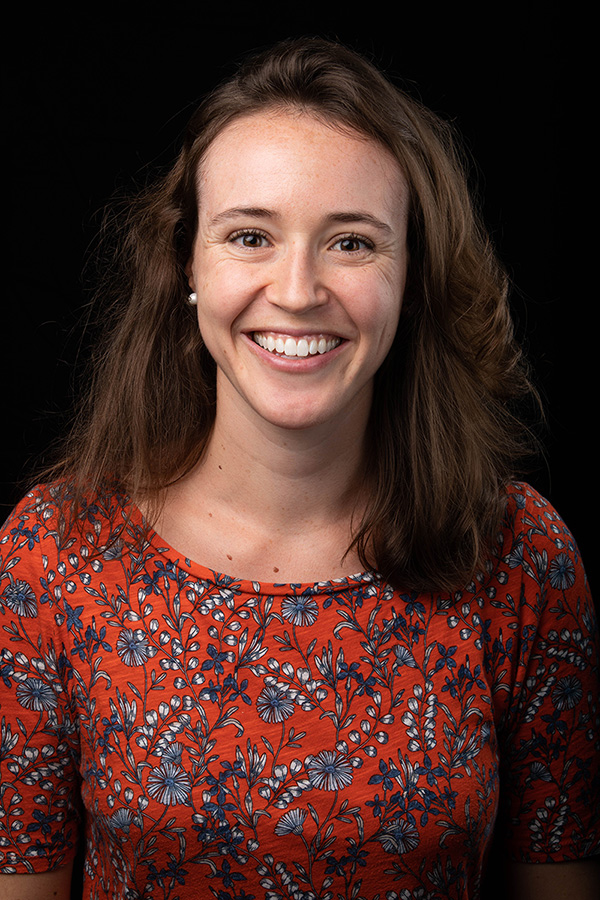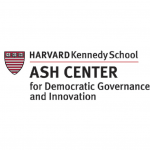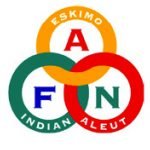Funding to support ongoing permafrost research, K–12 education collaborations
Dr. Sarah Evans, a quantitative hydrogeologist and an assistant professor in App State’s Department of Geological and Environmental Sciences (GES), has received a Faculty Early Career Development Program (CAREER) award from the National Science Foundation (NSF).

NSF’s CAREER is a foundationwide activity that offers the NSF’s most prestigious awards in support of early career faculty who have the potential to serve as academic role models in research and education and to lead advances in the mission of their department or organization.
The award comes with a federal grant to support recipients’ research and education activities for five consecutive years. NSF confers these awards once a year, and the review and selection process is one of the most competitive within the foundation.
Evans’ grant, totaling nearly $500,000 between 2024 and 2028, supports her grant proposal, titled “Hydrogeologic Implications of Permafrost Thaw – Developing a Process-Based Understanding on Biophysical Controls and Educational Tools for Rural Communities.” She is the third App State faculty member to earn the honor, joining Department of Geography and Planning faculty members Dr. Baker Perry and Dr. Maggie Sugg.

Evans’ project will study groundwater flow in the Arctic, where warming four times the rate of the global average has resulted in extensive thaw of perennially frozen ground known as permafrost.
In addition to contributing to the scientific literature, the results will be used to create a permafrost hydrology educational module for rural Alaska Native middle school students as part of the University of Alaska’s Alaska Native Science & Engineering Program (ANSEP).
This portion of the project will be led by Marta Toran, lecturer and K–12 outreach coordinator in the GES department, in collaboration with two local science educators — Katie Gray, an earth and environmental science teacher at Watauga High School, and Amy Peterson Atkins, an eighth grade science teacher at Hardin Park Elementary School. Both were approached to participate in the project based on their passion for elevating science education and bringing real-life science applications into their classroom.
Gray and Atkins will help develop educational activities about permafrost and climate change and will travel to Fairbanks, Alaska, with other members of the team to teach the unit at ANSEP.
This article was published by Lauren Andersen on Application Today. View the full article here.




